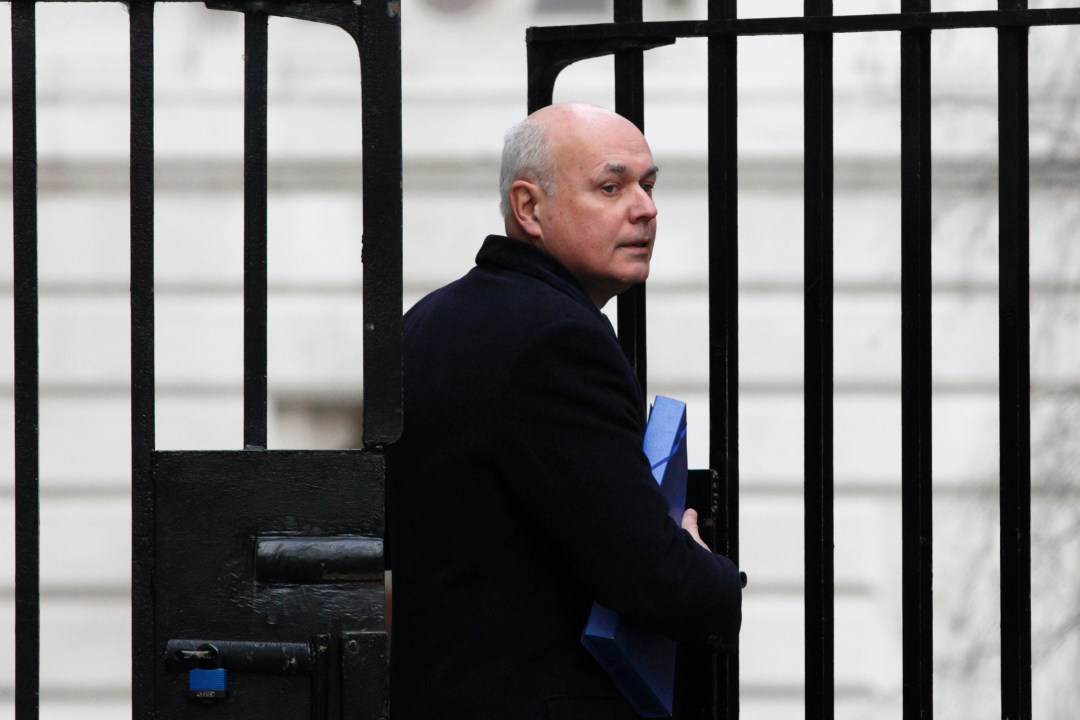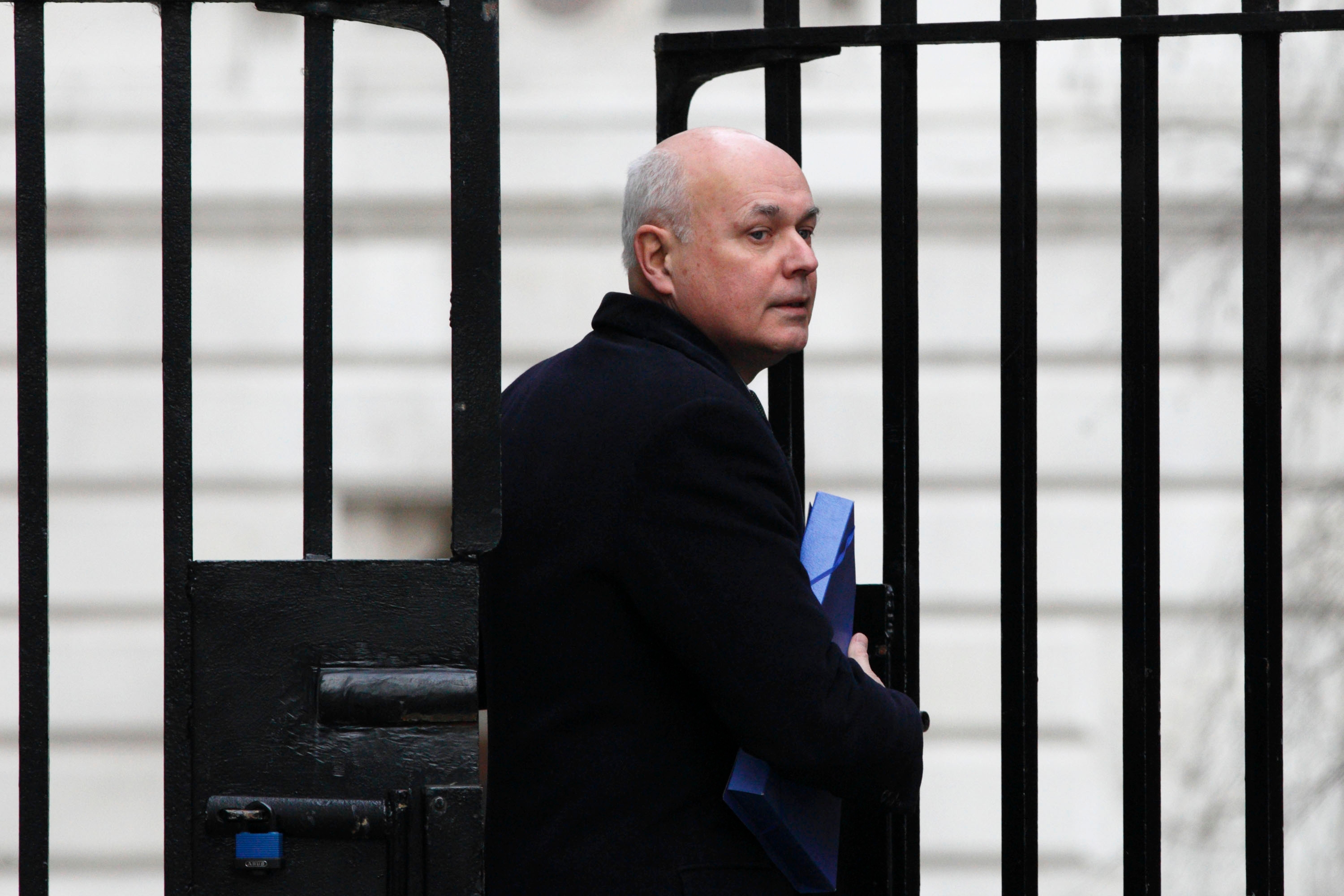‘Iain Duncan Smith must now ask himself if he is fit for purpose.’ That’s what Liam Byrne thinks of the Work and Pensions Secretary’s admission that the roll-out of Universal Credit is being delayed. The original plan was for all new claims for out-of-work support to go into the universal credit rather than the current benefits system from October 2013. But a written ministerial statement yesterday said the pilots of the new benefit will be extended to six hub JobCentres instead. Labour says the ‘we have final confirmation that the welfare revolution we were promised has collapsed’.
If deep down you don’t want universal credit to succeed, then you must be quite chuffed with the slowing of the timetable. But its supporters should be happy, too. Why? Well, it shows that the government really is piloting these serious and major reforms, rather than pretending it has made sure they work before rolling them out nationwide. Often pilots are rarely treated as anything other than a box-ticking exercise: indeed, one of the main problems with the reassessment of those on incapacity benefit is that lessons were not learned from the original pilots under the Labour government. But in this case, there clearly are glitches.
An opposition politician will naturally think ‘aha! glitches are good news for my universal-credit-is-failing narrative’ and rub his hands with glee. A responsible minister will think about the consequences of arrogantly pursuing a timetable just to rob his opponents of the opportunity to say the reform is failing. Real failure, meanwhile, would be a speedy nationwide rollout that ignores the glitches. These are benefits that are paid to people who have nothing else to pay for their food, rent or electricity. By all means slow the changes down if it means avoiding catastrophe.








Comments